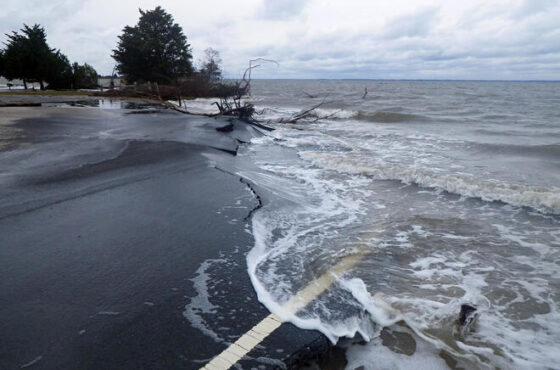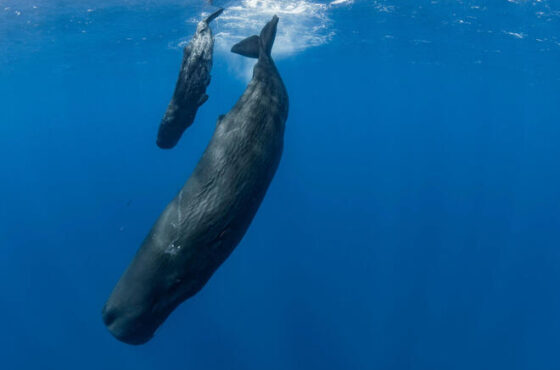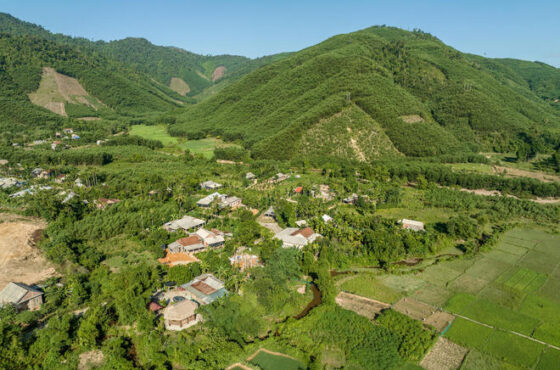Without Their Mother: the Loss of Killer Whale J14
Published by the Natural Resources Defense Fund
Perhaps even more than we do, killer whales need their moms. I’m heartbroken to report that the Southern Resident killer whales—a small, endangered group of orcas that spend the summer in Puget Sound—lost J14, one of their best. The scientists who study and know these whales have seen J14’s family—two girls (J37 and J40), one young boy (J45), and a grandson (J49)—but they can’t find her. For a killer whale to not be with its immediate family is almost a sure sign of death.

J14 in April of 2016 swimming with her daughter J37 and son J45
Center for Whale Research, Photos taken under Federal Permits NMFS 15569 / DFO SARA 388
J14 was particularly special to the Samish Nation, who identified with the whale and named her Samish. The tribe has named her children and grandchildren in traditional potlatch ceremonies ever since. Samish means “those who stand up and give.” As the matriarch of her family, J14 did just that. Erin Heydenreich at the Center for Whale Research spends her days studying these whales. Erin described J14 as a good mom and a solid leader of her family. J14 piloted the family group. She made important decisions. She held the memories of how things are done, knew when and where the salmon run, and taught the younger generations, so they too, one day, would be good parents. Without its matriarch, a whale family can come undone.

A J pod family
Center for Whale Research, Photos taken under Federal Permits NMFS 15569 / DFO SARA 388
In a study published in Science, scientists found that young killer whale males were three times more likely to die the year after their mother’s death than were males whose mothers were still around. But the moms aren’t just important to young whales. Killer whale males over 30 years old that lose their mom have a risk of death that is more than 8 times their peers, and daughters are also almost 3 times more likely to die.

Center for Whale Research, Photos taken under Federal Permits NMFS 15569 / DFO SARA 388
The bad news isn’t over. Another J pod mom is in trouble. The Center for Whale Research has reported that J28 is showing signs of starvation. She is gaunt, her fat stores are depleted leaving her with a peanut shaped head, and she is lagging behind her family pod. She is also nursing a 7 month old calf. A killer whale mom nurses its calf for about a year. The milk is high in fat to ensure the baby gets a thick layer of blubber—to live off of in times when food is scarce and to keep warm in cold waters. Nobody can say if J54 could survive his mother’s death.

Center for Whale Research, Photos taken under Federal Permits NMFS 15569 / DFO SARA 388
With J14 gone, there are only 82 Southern Resident killer whales left. We can’t let these whales die away. I’ve seen them. They are knowing, gentle, and connected. Humans have ruptured that connection over and over again. In the 1960s and 70s we hunted these whales to put them in marine park tanks and on display. At the same time, we polluted their waters and built dams across the west that devastated the salmon runs the whales feed on. Yet, despite all they’ve been through—and the name we’ve given them—these killer whales remain gentle giants of Puget Sound.

Center for Whale Research, Photos taken under Federal Permits NMFS 15569 / DFO SARA 388
I was lucky enough to find myself on a boat this April with Dave Ellifrit and D. Giles from the Center for Whale Research. We were hardly out of Snug Harbor when he rose from the deep. J26. In our boat, next to this twenty five year old male killer whale, I suddenly felt no bigger than an ant in a walnut shell. Every thought circling through my brain—work deadlines, the snacks I’d packed, what my kid was doing—disappeared. He undulated beside us and then slipped away. We followed. His mom and family, the J16’s, soon appeared. Several family members played in the wake of a freighter headed north. We’ve already lost J14. J28 is at death’s door and might take her young son with her. The time to fight for these whales is not tomorrow. It’s today.
Read the full article at: https://www.nrdc.org/experts/giulia-cs-good-stefani/without-their-mother-loss-killer-whale-j14




